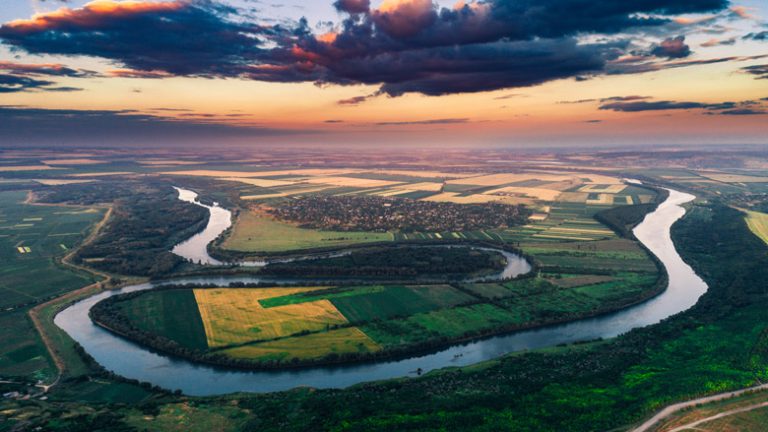The World Bank has approved a $7.9 million grant to support the Restoring Ecosystems for Marine Pollution Prevention Project (RE-MAP) in Moldova, a major step toward improving sustainability and environmental resilience. Financed through the Global Environment Facility (GEF), the project will focus on expanding sustainable land management practices across the Dniester River Basin, a key watershed critical to Moldova’s environmental and socio-economic stability.
According to Ulrich Schmitt, the World Bank Country Manager for Moldova, the initiative demonstrates the nation’s commitment to regional cooperation and sustainable growth. “By restoring ecosystems and preventing pollution, we are investing in the health of communities and the resilience of the country’s environment,” he noted. The Moldova ecosystem restoration project will use nature-based solutions to tackle degraded landscapes, reduce pollution, and enhance biodiversity.
Focus on Sustainable Land and Water Management
The RE-MAP project aims to restore forests and wetlands, integrate crop-livestock-forest systems, and harmonize national policies for sustainable land use. It will also strengthen institutional capacity and community engagement to ensure the long-term success of ecosystem recovery. These activities are expected to benefit nearly 99,200 people, with 40% of participants being women, through better natural resource management and job opportunities.
This initiative forms part of the World Bank’s wider Clean and Healthy Ocean Integrated Program, which seeks to reduce marine pollution and promote sustainable land practices across Eastern Europe. By prioritizing environmental protection, Moldova is positioning itself as a regional model for green development.
Long-Term Impact on Moldova’s Future
Since joining the World Bank in 1992, Moldova has received over $2.3 billion in support for various development projects. The Moldova ecosystem restoration effort complements the country’s ongoing reforms in agriculture, water, sanitation, and energy. It is expected to boost rural livelihoods, preserve biodiversity, and improve resilience to climate change—strengthening both communities and the environment.
This World Bank-backed project reflects a long-term vision for Moldova: one where sustainable land management not only protects the ecosystem but also fuels economic opportunity for future generations.

